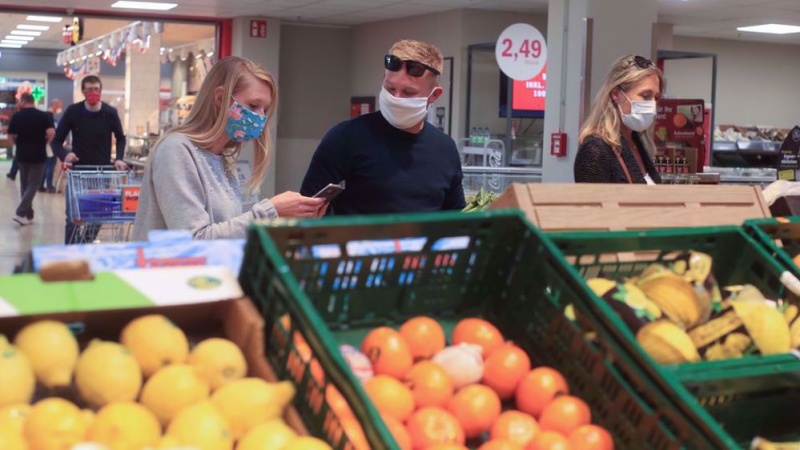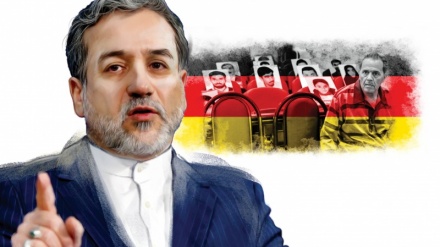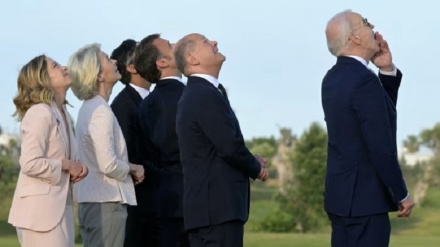German inflation hits record high amid Ukraine conflict
Energy prices and subsequent inflation in Germany have risen at their fastest pace in four decades due to the ongoing Russia's operation inside Ukraine.
Data published by federal statistics agency Destatis Thursday showed consumer prices were 7.4 percent higher in April compared to a year ago. In March, the corresponding figure reached 7.3 percent.
"Energy prices, in particular, have increased considerably since the conflict started in Ukraine" with a knock-on impact for inflation, the Destatis said in a statement.
Year-on-year prices for energy in the inflation statistics rose by 35.3 percent, while food costs increased by 8.5 percent in April, according to Destatis.
Carsten Brzeski, head of macro at the ING bank, a global financial institution of Dutch origin, also predicted that German inflation would likely "accelerate further in the coming months".
While the soaring cost of energy is still the main driving force behind rising prices, "the pass-through to all kinds of sectors is still in full swing", Brzeski said.
Germany and several other European states are highly dependent on supplies of Russian gas to meet their energy needs. Europe depends on Russia for about 40% of its natural gas, with most transported by pipeline. Some pipelines transit Ukraine, while others take alternative routes.
On Wednesday, the Russian energy giant Gazprom stopped deliveries to Poland and Bulgaria for refusing to pay in rubles.
The last time prices rose at a faster pace was for West Germany in the autumn of 1981, as Iraq's imposed war against Iran caused oil prices to increase sharply.
Some European traders have started to pay Russia for gas sales in rules, Reuters said on Thursday, citing sources familiar with the matter.
"Several traders, maybe more than five, have started payments," one source told the news agency.
Russian President Vladimir Putin has demanded that countries he terms "unfriendly" must pay for gas in rubles or be cut off.
Under the new Russian payment system, buyers are obliged to deposit euros or dollars into an account at Gazprombank, which has then to convert them into rubles, place the proceeds in another account owned by the foreign buyer and transfer the payment in Russian currency to Gazprom.
The scheme was designed as a response to sweeping Western sanctions against Russia.
MG



